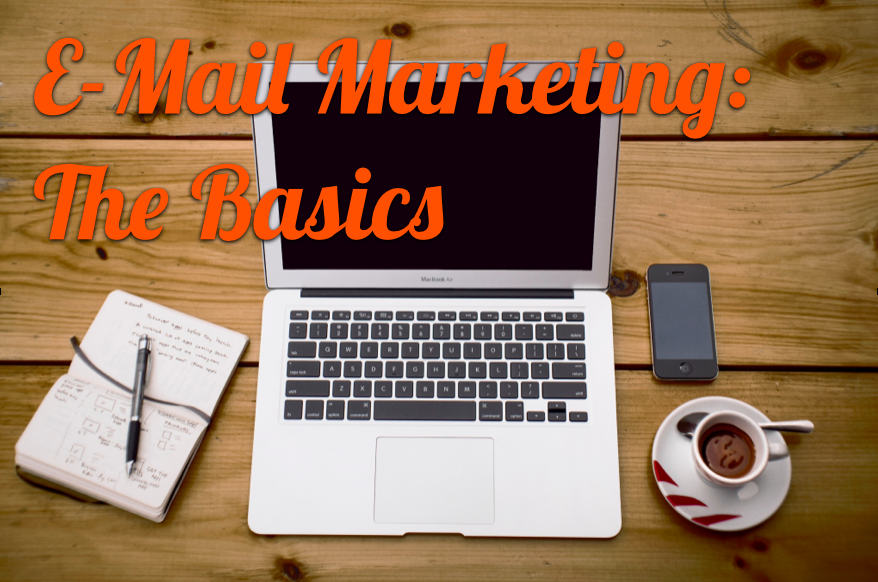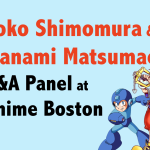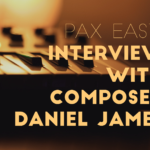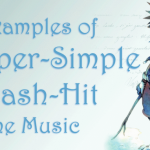In this post, I’m going to break down some of the basic concepts related to e-mail marketing and why you should care about them. Ready? Let’s go.
What is E-mail Marketing, exactly?
E-mail marketing sounds big and corporate-y, but you may already be doing it without realizing it (mwahahaha). At the core of it, e-mail marketing is directly e-mailing a group of people with the intention of eventually converting a percentage of those people (leads) into customers. The best strategies for doing this and the length of time it may take to turn someone into a customer will vary greatly depending on the type of business you’re running and the type of people you’re marketing to, but the core concept is always the same. Turning leads into customers, turning customers into evangelists, and turning customers into repeat customers are the main uses for email marketing from the solo-musician all the way up to fortune-500 companies and everything in between. That’s it: turn in’ people into evangelists and customers.
Why You Should Care
E-mail marketing helps you stay at the forefront of people’s minds when they don’t necessarily need/want your music or services in an effort to be at the forefront of their mind when they do need/want your music or services. Keep in mind that this is WHY you should care, but you don’t have to beat people over the head with it every time you’re sending an e-mail and you don’t have to be sleazy about your tactics to be successful. Quite the opposite is true, actually.
Now, you may already have a bad taste in your mouth just thinking about e-mail marketing – and it’s not your fault. A lot of people and companies out there are doing it wrong, and it results in a whole lot of unnecessary/unwanted email that interrupts your life and might even piss you off from time to time. I’ve worked with hundreds of companies in various industries, and with some basic know-how and common sense juts about anyone can successfully win new customers via e-mail. Seriously. I’ve helped lifestyle coaches and global cargo transportation companies both succeed with e-mail marketing without being sleazy. It’s totally doable, and can do wonders for your personal music business.
Who Should You Be E-Mailing?
Great question, and it’s one that many people accidentally get wrong by not thinking through why they’re e-mailing people in the first place. Are you trying to get more indie game gigs? If so, you should be building a list of indie game developers to build a relationship with. Are you trying to sell more albums to your adoring fans? If so, you should be building a list of fans to build a relationship with. But don’t confuse the two or think that they are interchangeable. They’re not. You can do both, but if you are then you should be keeping two separate lists.
How Do You Build an E-mail List?
This is a deep topic, and I’ll definitely create a training around this specific topic if the community would find it valuable. For now, I’ll keep it high-level so we don’t get caught in the weeds.
The primary way of building an e-mail list is giving people the opportunity to opt-in to receive e-mails from you. This opt-in opportunity, usually referred to as an “opt-in” or “opt-in form” in the marketing world, should be on your website and one of your goals is to get people to that page to complete the form. People may arrive at this page from different places – Twitter, your website or blog, referral, or even a paid ad – and when they arrive you’ll want to provide a good reason to sign-up for your e-mail list.
While some musicians with high-traffic websites or large fan bases can get away with just offering the promise of updates, news, or announcements this isn’t a great practice to exercise because it’s largely ineffective. The most successful e-mail list builders will offer some piece of value or content in exchange for an e-mail sign up. For musicians, this may be a free MP3 download from your latest album, a discount code for merchandise if you’re selling it, or – my favorite – valuable information which would help your target audience.
What Should You Send to Your E-mail Subscribers?
This is a hot question, and the answer can vary depending on your personal style, music, and who you’re going after. Ideally, you’ll want to be sending messages containing what your subscribers would consider to be valuable content. You don’t want to just send sales pitches of your services – people hate that shit. You probably hate that shit. People get SO much e-mail every day, and if someone agrees to receive e-mail from you then you should do your best to respect that. You can and should pitch your services from time to time, but your approach has to be balanced.
So what would people consider valuable content? A newsletter-type format might be good, but only if you have enough interesting stuff going on to talk about. Talking about the evolution of a composition can be pretty interesting – especially if you include links to versions of your music as you make improvements. Lifting the veil of mystery for the VIP’s who decided to subscribe to your email list can build a closer connection with you. If you’re creating or collecting content that would be helpful to game developers, you can send those pieces of content along via email. If you want to go above and beyond, you can even create something special for your subscribers. A few people I’ve encountered have gone so far as to create an entire video course series and send a link every week to their subscribers for the first few weeks. I’m not saying that you have to go that far, but I wanted to provide an example of a killer idea I’ve seen.
How to Manage Your E-mail Subscribers
If you’re collecting e-mail addresses on your website, where do they go? Depending on what exactly you’re using to capture e-mail addresses, you may receive an automated e-mail with the person’s contact information. You may be keeping a manual list of e-mail addresses in your address book or in a spreadsheet. While I understand why people may want/need to do this when they’re starting out, I don’t really recommend it because of the sheer amount of time it will cost you to keep track of everything. If you’re serious about building an e-mail list and using it to grow your music business, it’s definitely worth a few bucks per month to save yourself the time, energy, and frustration of trying to do it manually.
If you’re using an e-mail marketing service such as Aweber.com (which I use and recommend, as described on the Resources page) or something similar, e-mail addresses will be fed into that account and you can log in to view, organize, manage, and send e-mails to your subscribers. There are several low-cost solutions out there, and many offer a free 30-day trial before starting to charge your credit card. Pricing beyond the free-trial period varies, but often scales with the number of subscribers you have in your list. If you have a list of 100 subscribers (which is a totally respectable e-mail list), you’ll only be spending a few bucks a month in most cases. Again, if you’re serious about using an e-mail list to grow your business than this small investment is totally worth it.
In closing
If you’re not ready to dive into e-mail marketing, don’t sweat it – you can start at any time. If you don’t have a website or a solid demo yet, you should understandably focus on those elements first. If you already have a website and some demo material online, however, you should seriously consider starting your journey into the world of e-mail marketing. Come on in – the water’s fine.
Do you have a question or a tip about e-mail marketing to share with the Video Game Music Academy community? If so, please share in the comments below! I’ll do my best to answer any questions about e-mail marketing.










Great topic for a post with some good information.
Thanks, Ryan! Let me know if you have any questions about the topic – happy to help.